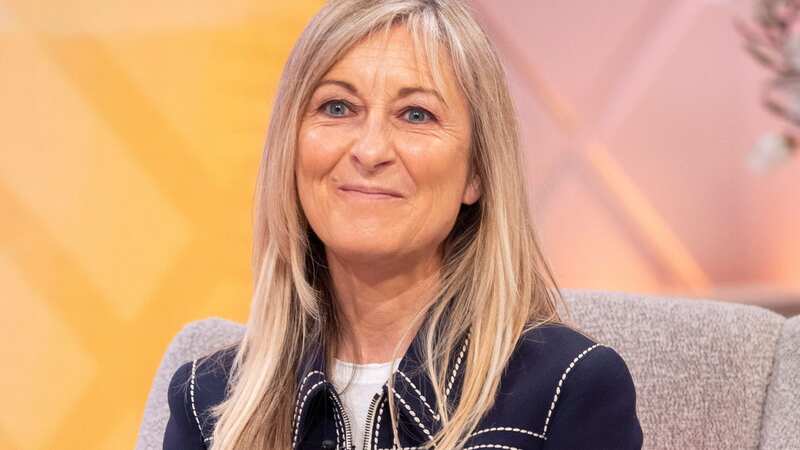

Journalist and former GMTV host Fiona Phillips has been diagnosed with early-onset Alzheimer’s disease at just 62 years of age.
But what actually is the disease, and how common is it? Here is what you need to know.
What is Alzheimer's disease, and what are the symptoms?
Alzheimer's disease is a brain disorder that causes dementia - slowly destroying thinking and memory function, eventually robbing sufferers of the ability to perform simple tasks.
Dr Lucy Devendra, Head of Research at Alzheimer's Society, explains that an early sign that someone is suffering from the condition is memory loss.
“So forgetting recent conversations, maybe not recognising familiar places, or people forgetting appointments,” says Dr Devendra.
“It can then progress from there into having problems like reasoning, concentrating, being able to follow conversations, planning and organising.
 Teachers, civil servants and train drivers walk out in biggest strike in decade
Teachers, civil servants and train drivers walk out in biggest strike in decade
"Some people have language problems as well, such as not being able to find the words to use, or getting confused about different words.
"It can also be associated with mood changes, for example anxiety, depression, or becoming more aggressive.”
What age do people typically get Alzheimer’s disease?
“Alzheimer’s is most common over the age of 65,” explains Dr Devendra. “The risk increases with age essentially.”
The disease is the most common cause of dementia and “over the age of 65, about one in 14 people have dementia,” says Dr Devendra. But then if you look at people over the age of 80, it's one in six people.”
Additionally statistics from 2013 show that there were 42,325 people with early-onset dementia - before the age of 65 - in the UK. Alzheimer’s disproportionately affects women, although this could be due to the fact they tend to live longer than men.
How do people get Alzheimer’s disease, and can it be cured?
Alzheimer’s disease is not typically passed down through generations. Dr Lucy Devendra explains, “About 99% of people with the disease wouldn't have any hereditary link."
However, there are rare conditions that can be genetic which are more prevalent for those that get Alzheimer’s earlier than 60.
There is currently no cure for the disease, but there are international medical trials of two promising drugs happening currently.
The dementia diagnosis rate was at 62.4% in England last year, and Dr Devendra believes this needs urgent focus, not just so they can get care they need now.
“We want to see as many people diagnosed as possible for when those treatments are available in the coming years, which we hope they will be,” she says.
“We really need to make sure that we're diagnosing people at an early stage, and we have that network in place within the NHS to be able to bring people on to those kinds of trials and get these treatments."